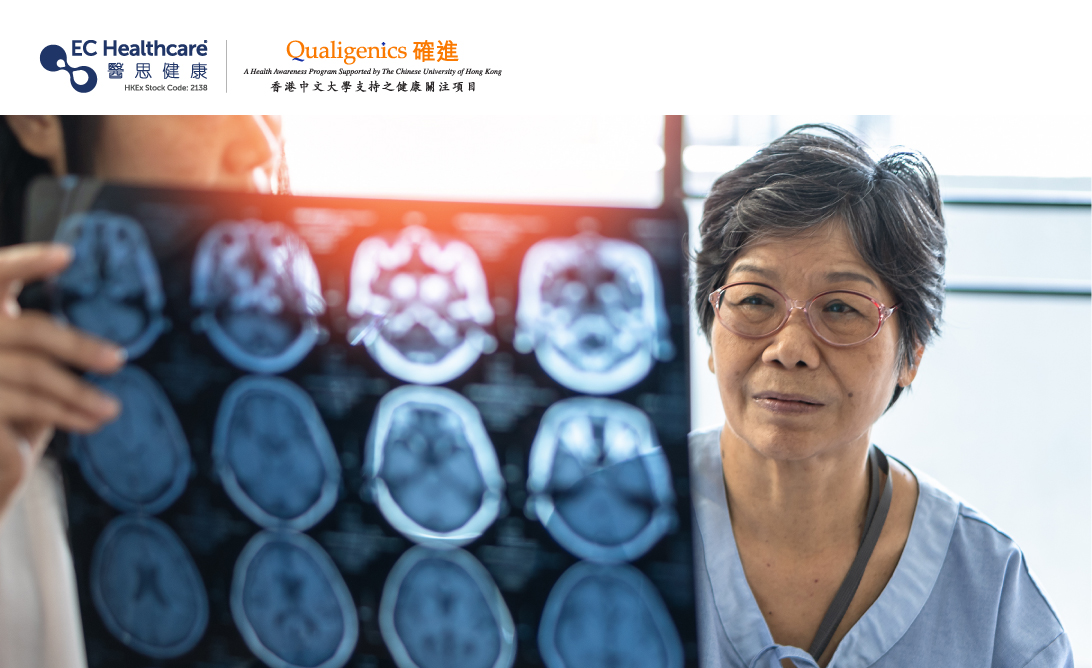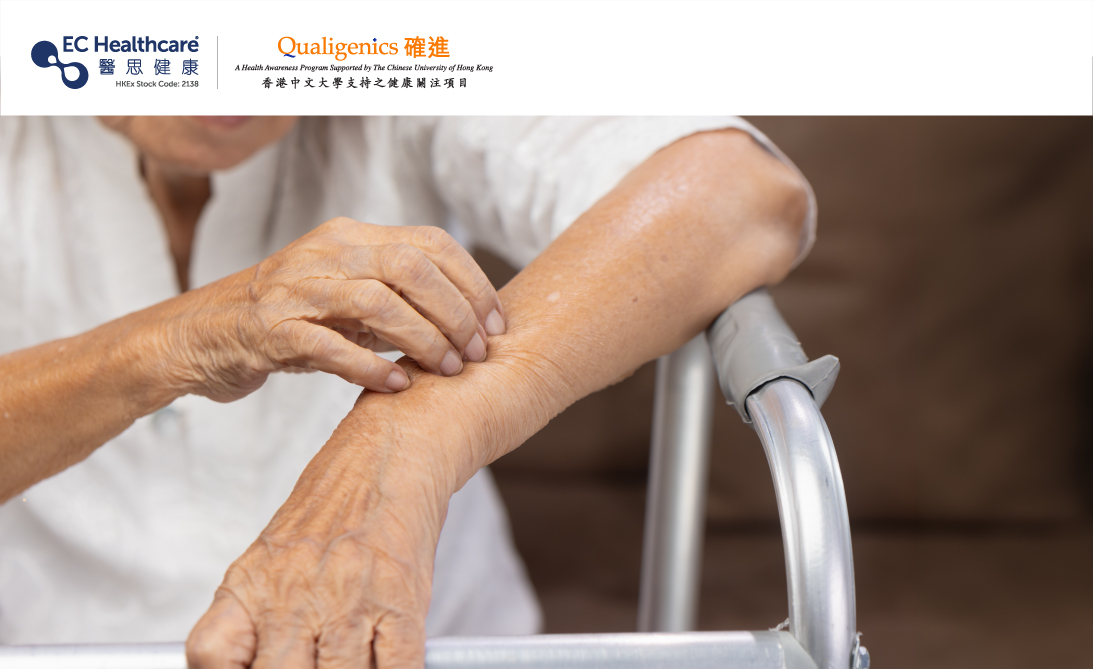Do You Need a Computer Scan to Diagnose Dementia?


"People tend to become forgetful as they age." In Hong Kong, over 100,000 individuals are affected by dementia, accounting for nearly one-tenth of the elderly population. When we witness our loved ones becoming increasingly forgetful, it raises the question: Is it simply a normal decline in memory due to aging, or could it be a potential case of dementi?

Dementia is a neurological disorder characterized by degeneration of brain cells, leading to a decline in cognitive function. Many people mistakenly believe that dementia is solely an age-related condition. However, it can also be caused by factors such as brain injuries, viral infections, and mental health issues. Here are the 5 major types of dementia and their causes:
1. Alzheimer's Disease:
The most common type of dementia, Alzheimer's disease is characterized by the presence of abnormal tissue and a decrease in connections between brain cells. Patients experience progressive decline in memory, thinking abilities, language expression difficulties, and loss of independence in daily activities.
2. Vascular Dementia:
This type of dementia occurs when blood vessels in the brain become blocked, leading to brain hypoxia or stroke and subsequent cell death. Depending on the location of the vascular blockages, patients may experience varying symptoms such as decline in memory and concentration, mood swings, hallucinations, urinary incontinence, or mobility difficulties.
3. Lewy Body Dementia:
Lewy body dementia is caused by the accumulation of a protein called alpha-synuclein in the brain, leading to cell death. This condition results in fluctuating daily symptoms, including difficulties with memory and planning, hallucinations, muscle stiffness, tremors, and episodes of confusion that can lead to falls.
4. Fronto-temporal Dementia:
Fronto-temporal dementia occurs when the frontal or temporal lobes of the brain are damaged, resulting in significant changes in personality, behavior, and speech. Symptoms can include irritability, inappropriate actions, and delusions of harm from loved ones.
5. Huntington's Disease:
This is a hereditary condition caused by a genetic mutation. Individuals with Huntington's disease experience issues with emotions, intellect, coordination difficulties, and irregular muscle movements or spasms.
Diagnosing Dementia
Due to the various causes and symptoms of dementia, it is not possible to rely on a single diagnostic method. Generally, doctors begin by conducting an interview with the patient to gain initial insights and analyze their lifestyle habits, emotional or behavioral changes, sleep patterns, and specific symptoms.
Next, the patient will undergo a cognitive assessment to evaluate their language, memory, attention, problem-solving, and other cognitive abilities through psychological testing.
After conducting the aforementioned clinical examinations, a provisional diagnosis of possible dementia can be made. However, for a definitive diagnosis, it is essential to integrate the results of both blood tests and brain imaging scans.
Blood tests can assist doctors in ruling out dementia symptoms that may be caused by severe conditions or specific factors such as vitamin B12 deficiency, chemical poisoning, long-term medication use, severe anemia, systemic infections, and other serious diseases. Through the use of advanced technology such as CT (computed tomography) scans or MRI (magnetic resonance imaging) with contrast, doctors can precisely examine the patient's brain to identify the presence of blood clots, tumors, structural abnormalities, or atrophy. These imaging techniques allow for a thorough diagnosis of the underlying causes and specific types of dementia.
Advancing in age does not automatically mean one will develop dementia. Engaging in regular mental activities, maintaining a healthy lifestyle, and ensuring an adequate intake of vitamin B12 can help reduce the risk of dementia. Additionally, the absorption of vitamins C and E can protect blood vessels and nerve cells. If you notice any signs of dementia in your family members or those around you, it is important to seek professional medical advice.










